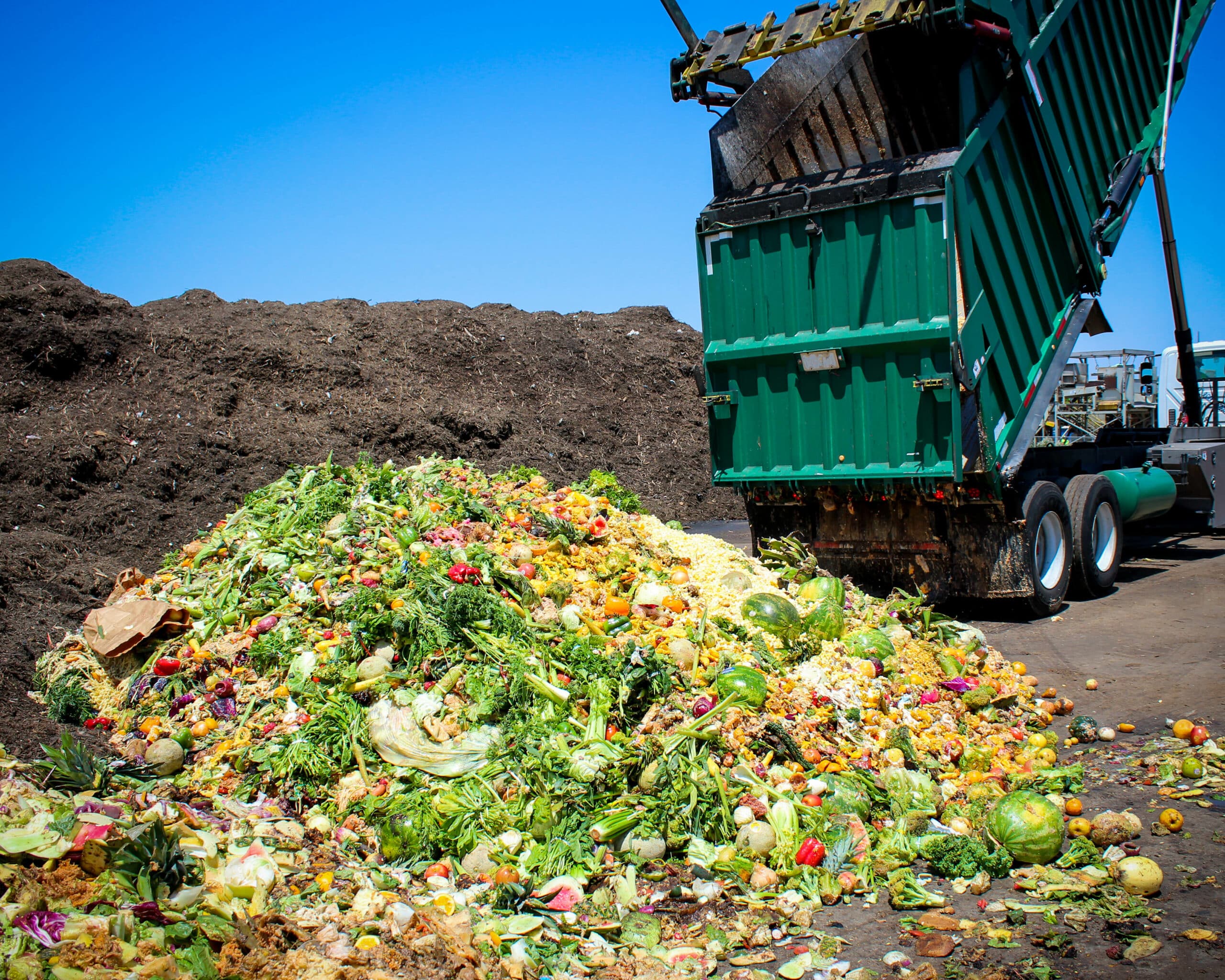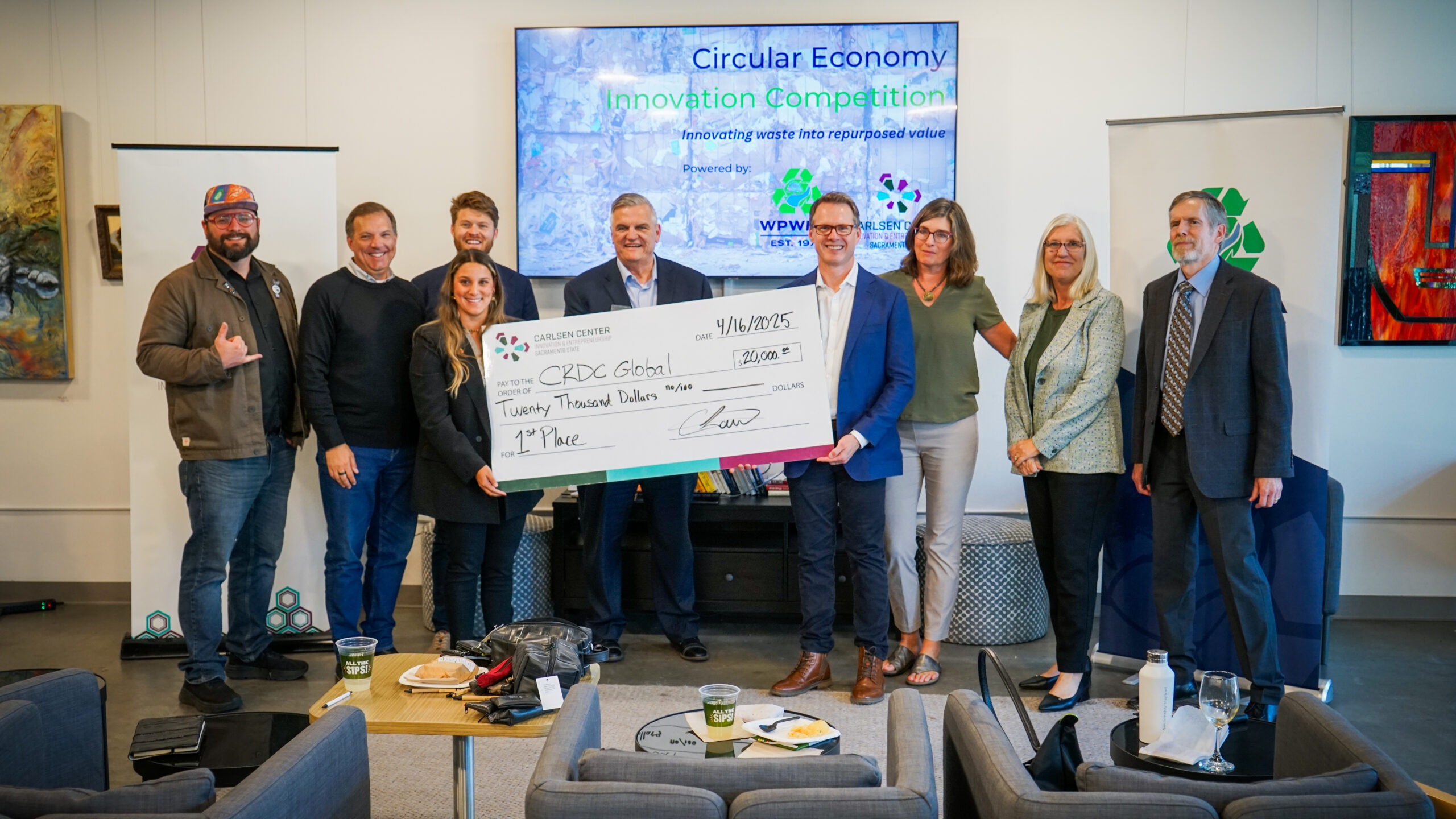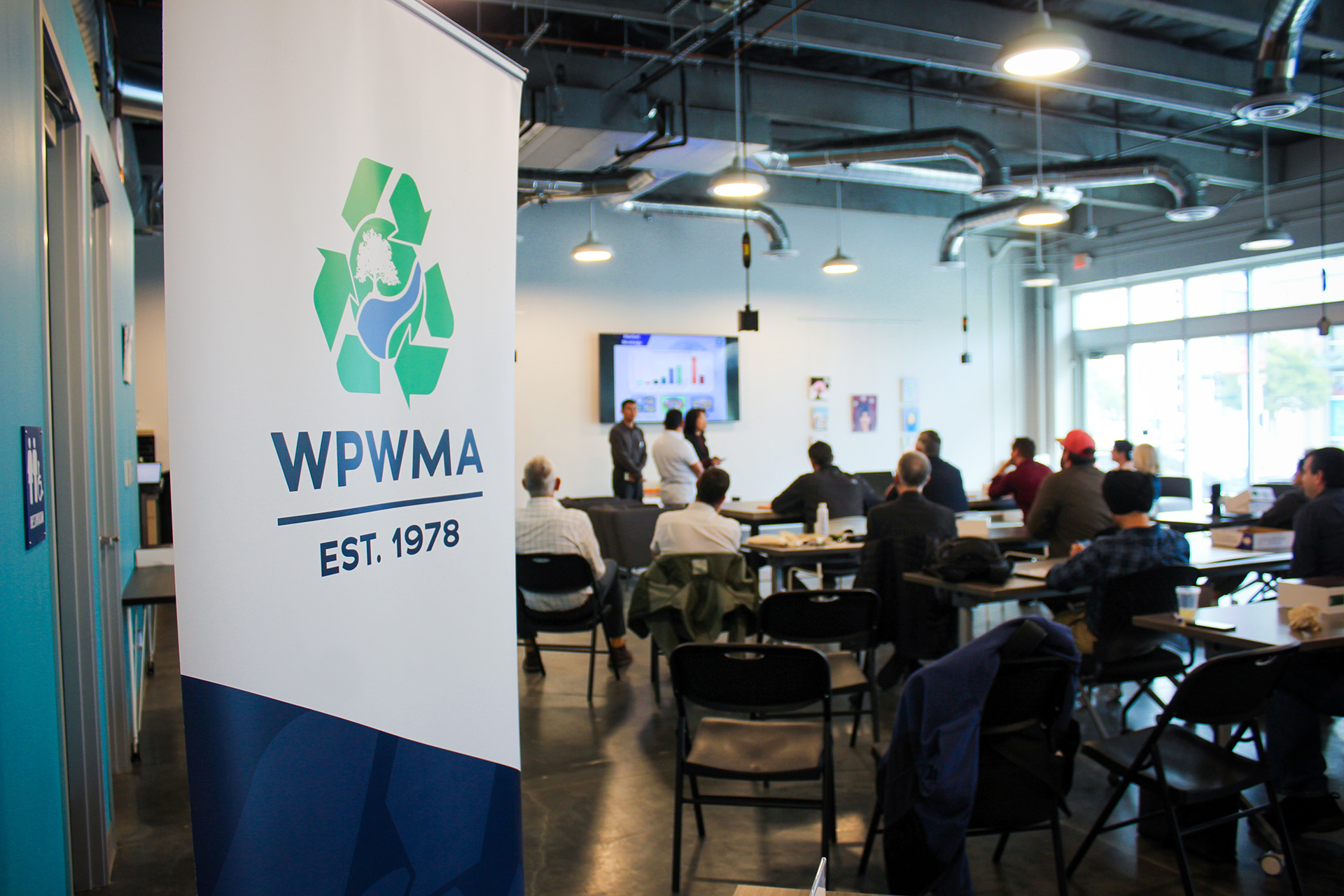Bioplastic products often labeled as “compostable,” should never go in your green waste can. Why? The materials from those bins create the WPWMA’s compost which is OMRI – The Organic Materials Review Institute Listed, which assures the suitability of products for certified organic production, handling, and processing. Currently bioplastics are not permitted to be included in OMRI Listed composts and are troublesome for commercial compost operations like the WPWMA’s.
“The trouble is that compostable products are not necessarily more benign than the traditional plastics they are replacing: They can be made from plants such as corn, sugarcane or bamboo, and also from petroleum products. Though they are designed to fully break down under controlled conditions at an industrial composter, compostable products are nevertheless made with the same processes as conventional plastics, which means they contain many chemical fillers, additives, and dyes. Additionally, they can leave microplastics behind when they decompose.”
Should Bioplastics Be Allowed in Organic Compost? by Meg Wilcox, Civil Eats
This is important as the U.S. Department of Agriculture (USDA) is reviewing a proposal filed by nonprofit and advocacy organization Biodegradable Products Institute (BPI) last year, asking the USDA to allow synthetic, “biodegradable” food packaging and service ware (including bioplastic & synthetic cups, bowls, bottles, cutlery, and bags that replace single-use plastics) as an acceptable feedstock for certified organic compost produced at commercial compost facilities, like the WPWMA.
This proposal from BPI is troubling to the WPWMA for a few reasons:
- There is currently no feasible way to differentiate between a bioplastic product and a pure plastic product. There are no mass marketable or uniform labeling/design requirements for these items and no technologies or equipment that can successfully separate these products. Given the large quantities of materials commercial facilities, like the WPWMA, process in a day (at the WPWMA, we process 2 million pounds of waste everyday) it is not feasible to hand identify and sort these items a part from one another.
- There is no way to compost or recycle bioplastic products. Because bioplastic products are a synthetic, hybrid product containing organic material AND petroleum, chemical fillers, and additives, they cannot be composted like pure organic materials. Additionally, they cannot be recycled like pure plastic products given their partial-organic nature. As a result, these products inevitably end up in landfills.
- Private industry should not be setting regulations, science should. There is little data and research on the long-term effects of “biodegradable” microplastics including how long they may linger in the ground, how they may harm soil life, pollute waterways, or be taken up by crops. More objective, scientific review is needed before we can potentially pollute our organic crops with largely unknown, synthetic products.
‘“The whole purpose of organics was to limit the number of synthetics used in agriculture,” Steve Ela, former USDA National Organic Standards Board chair, said. “The only synthetics that are allowed to go through get pretty close scrutiny for environmental and human health and whether they’re actually needed.” He said that these materials (bioplastics) don’t meet the USDA’s National Organic Program (NOP) standards, “as noble as the idea [of compostable packaging] is.”’
Should Bioplastics Be Allowed in Organic Compost? by Meg Wilcox, Civil Eats
But there is some good news too, in 2021, the Governor of California signed SB 343 known as the “Truth in Labeling” law requiring packaging manufacturers to only use recycling indicators or “compostable” designations when certain criteria is met, guaranteeing a viable recycling market for that product exists. This is beneficial for our community as it ideally will help consumers make informed decisions about products when purchasing and provide an objective basis for holding manufacturers, distributors, and retailers responsible for misleading consumers about whether products get recycled or composted.
Through local and state-level advocacy, the WPWMA works to educate lawmakers and regulators on the significant impacts legislation and “one-size-fits-all” recycling mandates can have on residents, businesses, local jurisdictions, and solid waste facilities like ours.
Read more about why bioplastics are bad news for commercial compost operations in this article, and email info@wpwma.ca.gov with any questions you have about green waste and compost.





